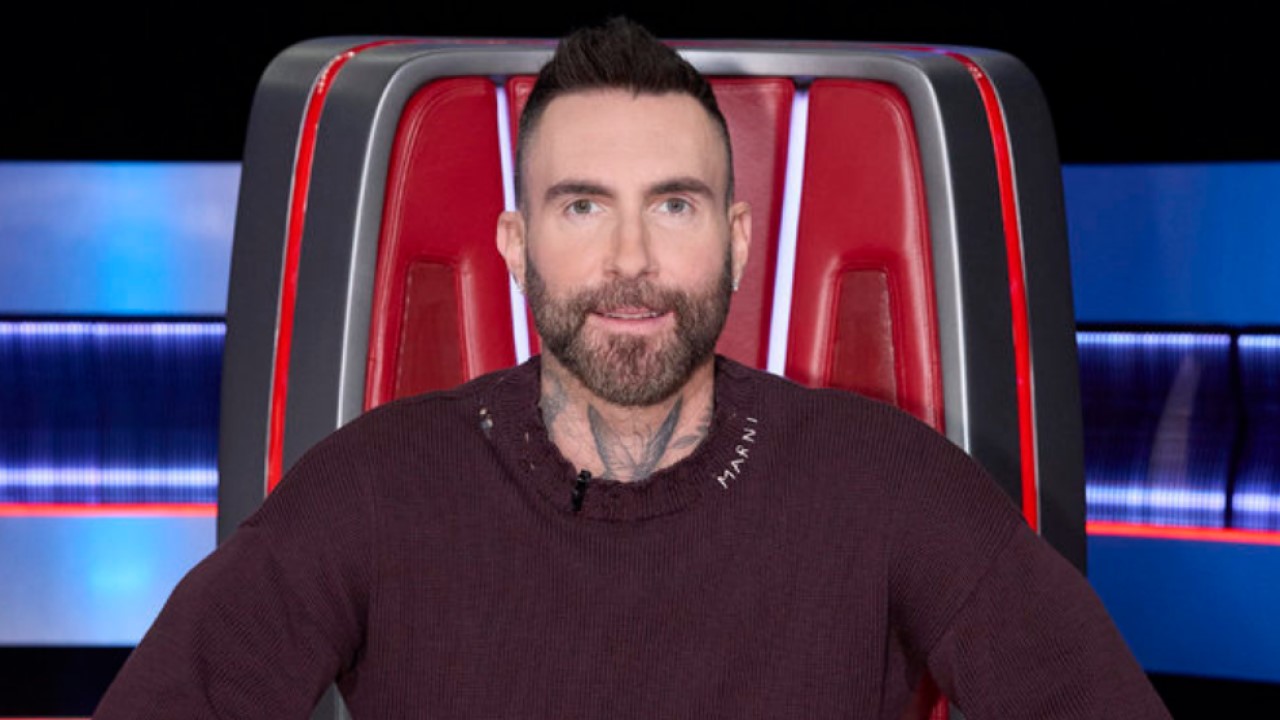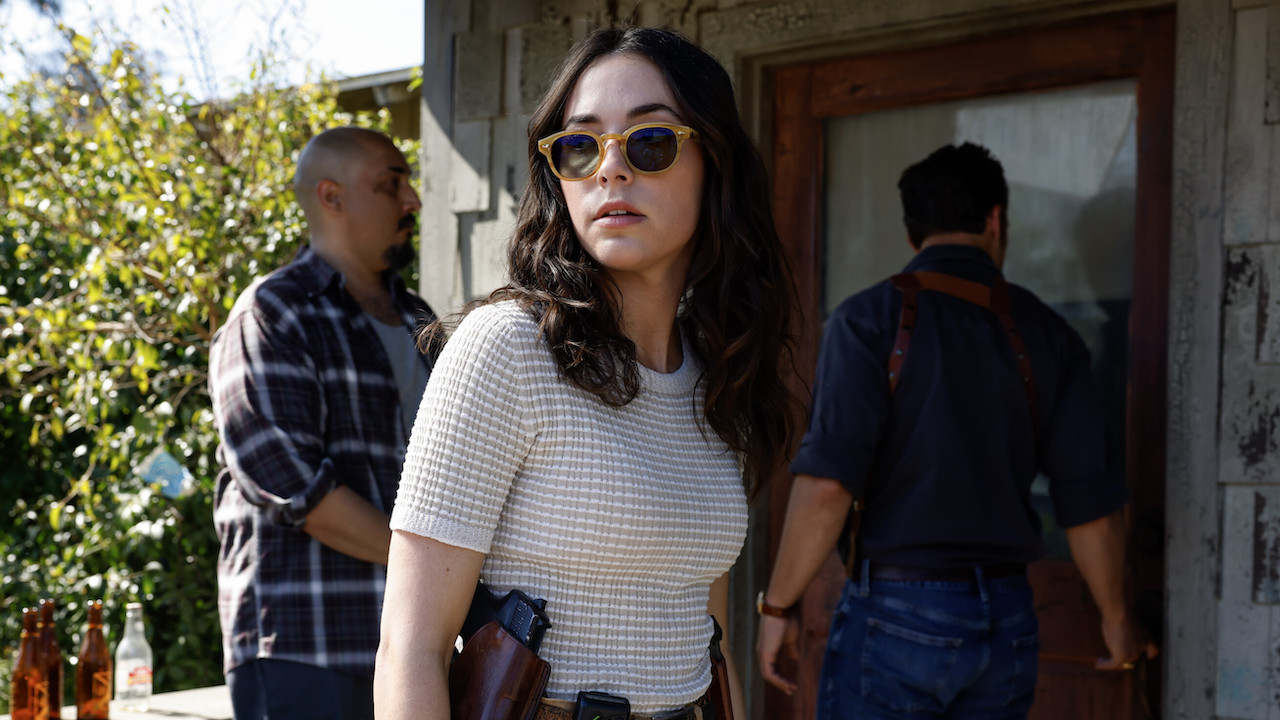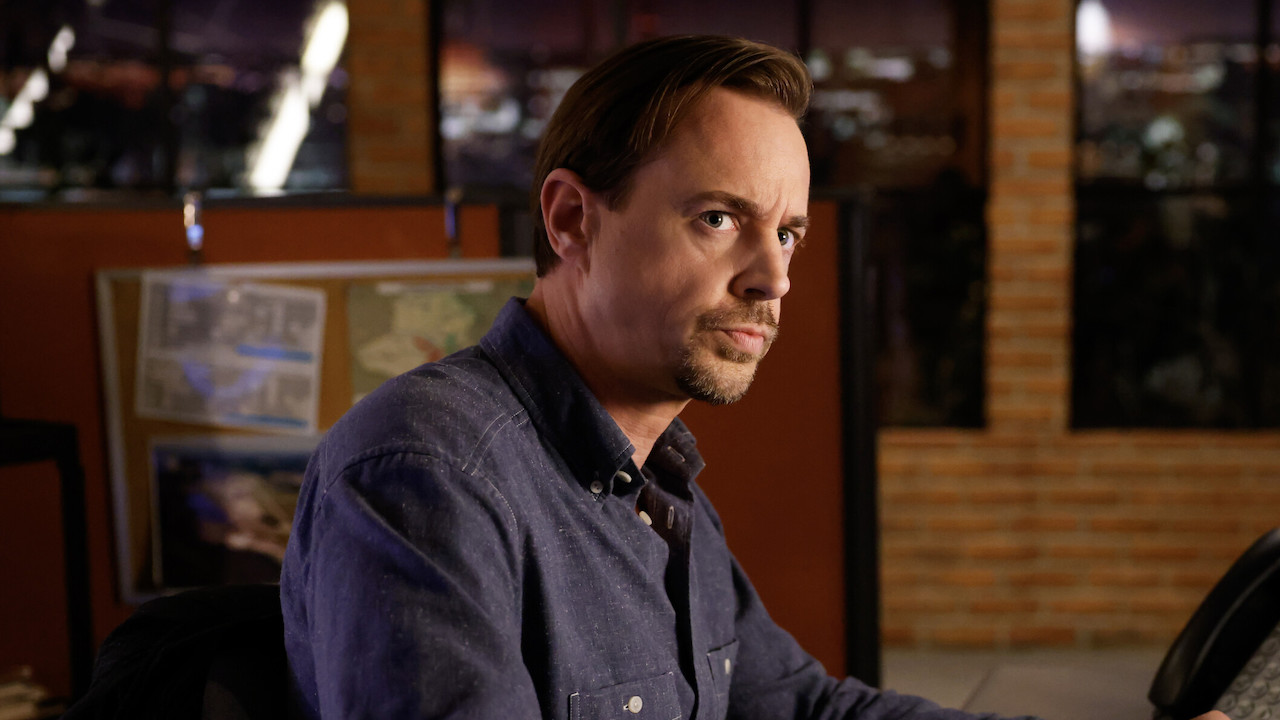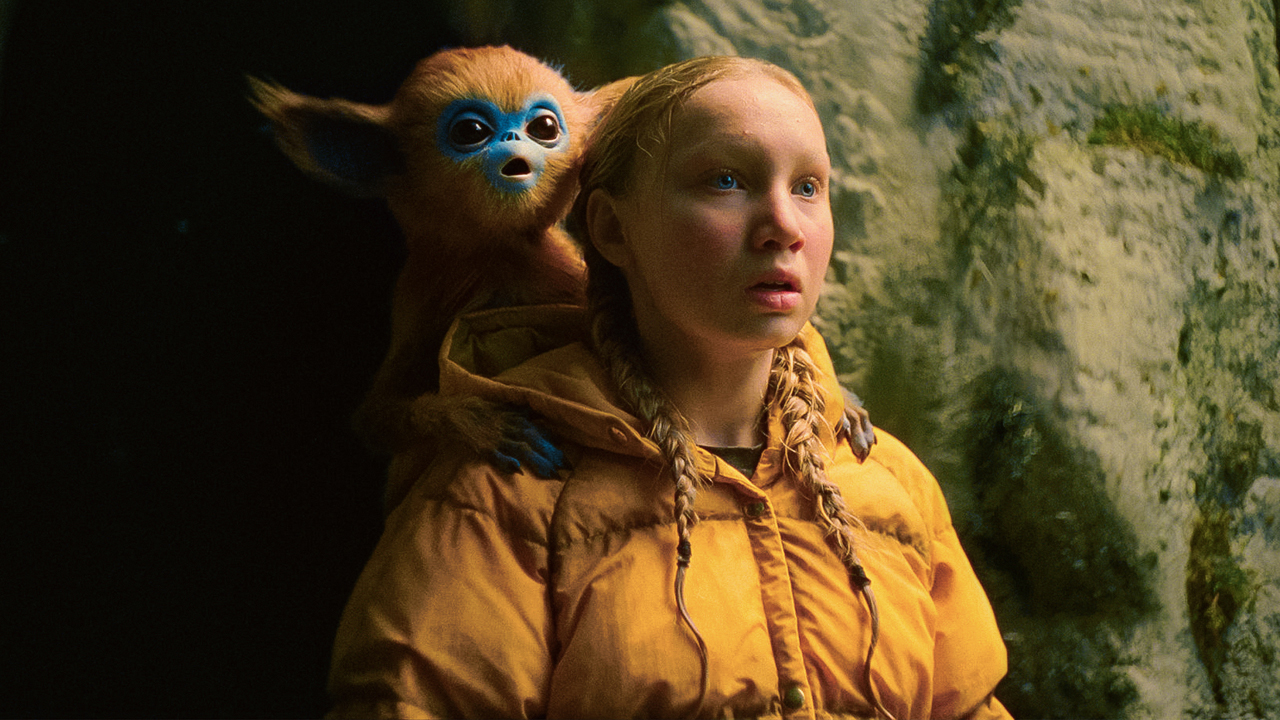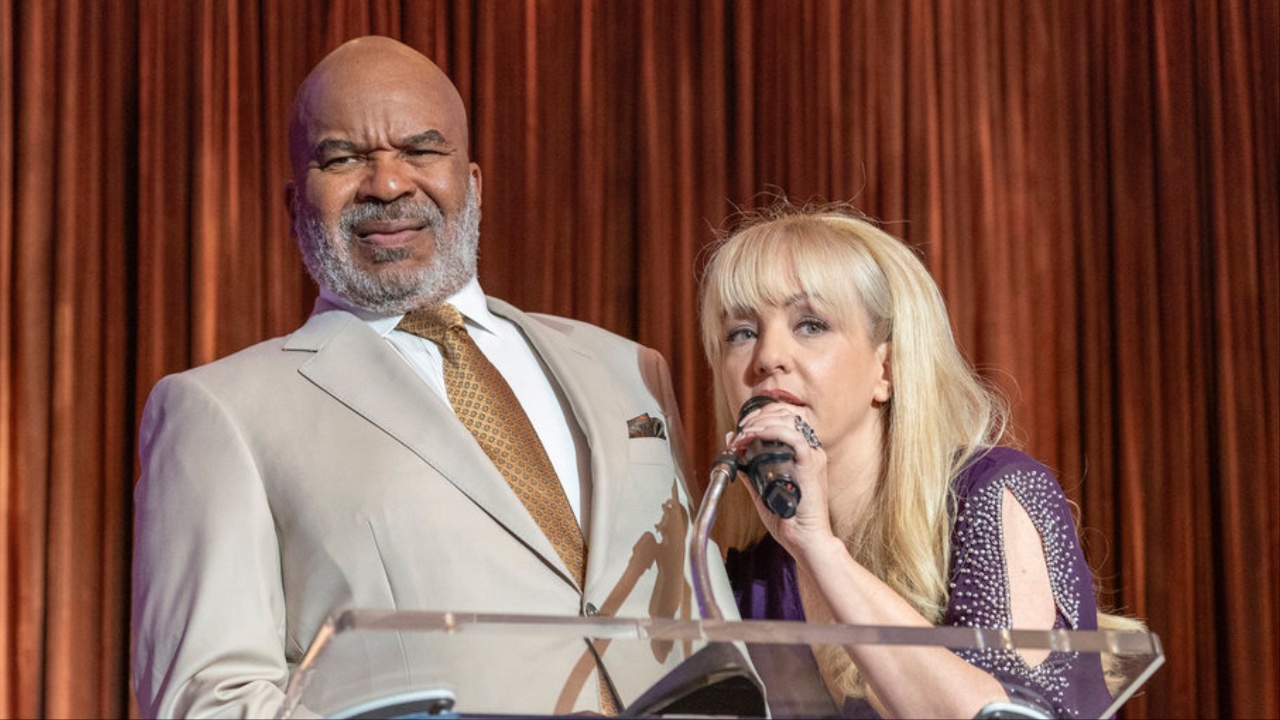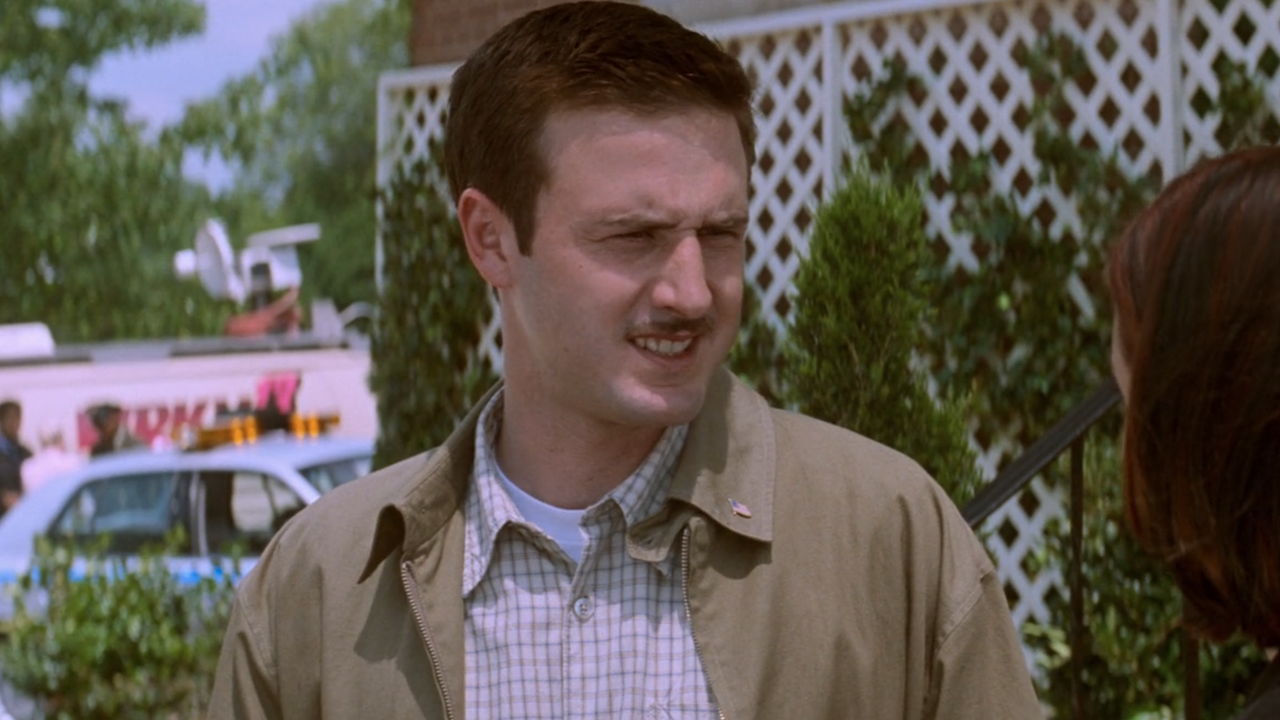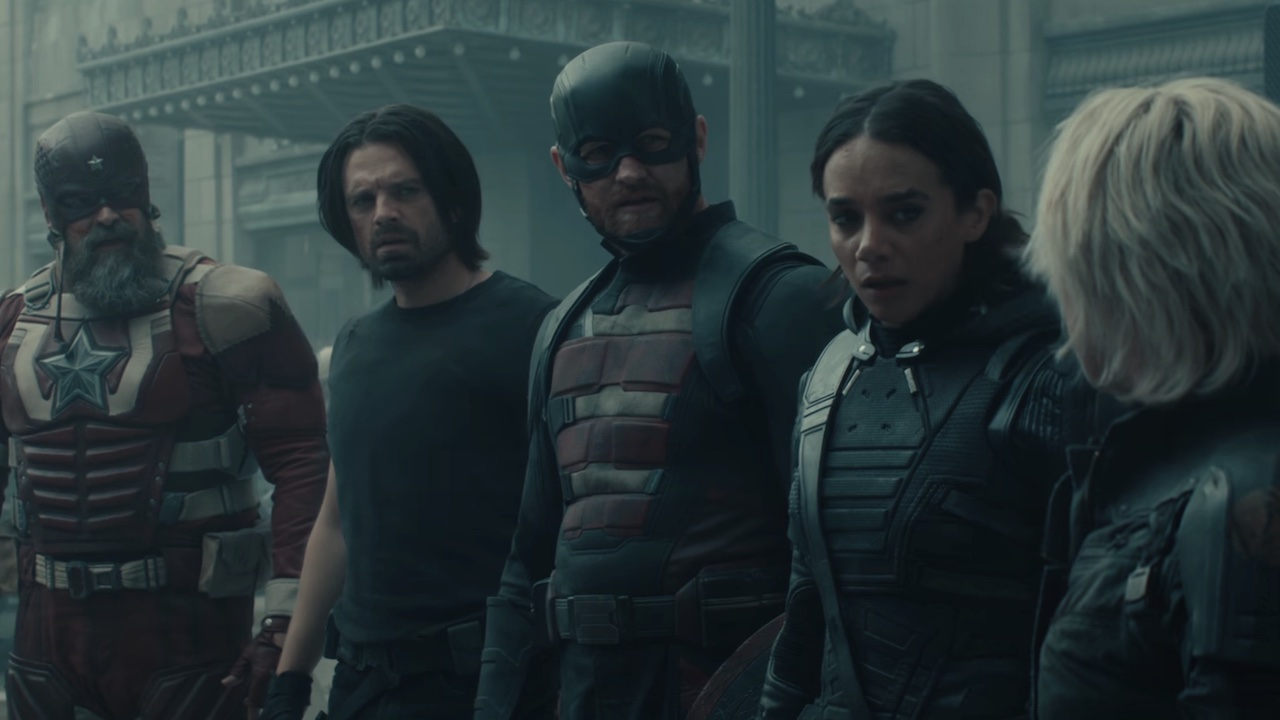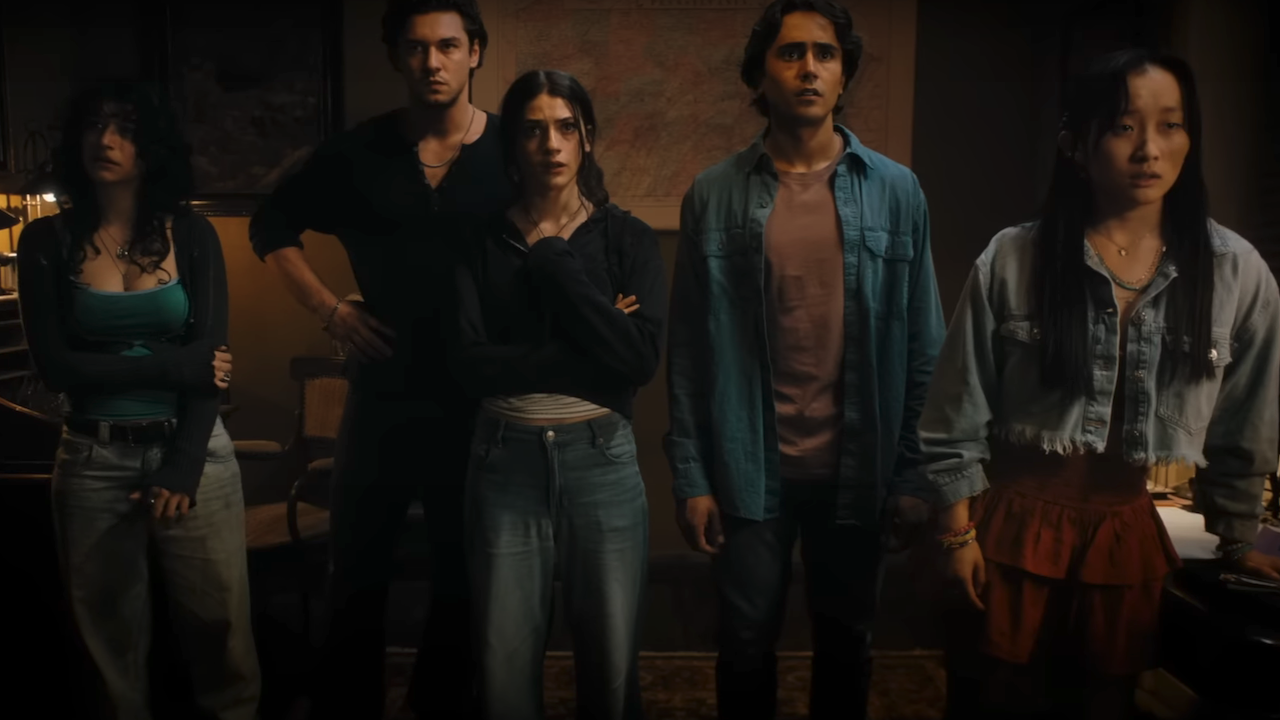The MPAA Proves How Worthless It Is After Losing Latest Battle With The Weinstein Company
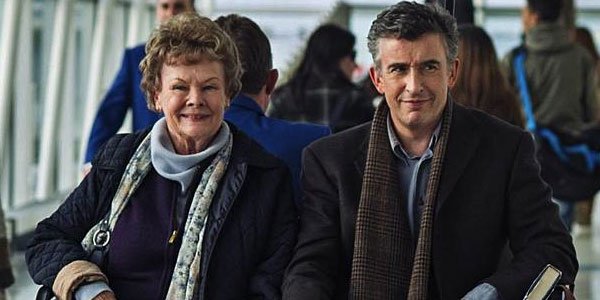
Readying for the release of the bittersweet biopic Philomena, The Weinstein Company submitted the film to the Motion Picture Association of America for their rating, and was chagrinned to receive an R instead of a more family friendly PG-13. Though the MPAA is notoriously ambiguous when it comes to the reasons behind their ratings, their decision this time was clear cut, coming down solely to two uses of the F-word. Under their current ruling any movie containing more than one use of that word gets an R-rating. Period.
Rather than cutting the fuck out of Philomena, TWC appealed the decision with a cheeky Funny Or Die video that curiously is now offline. The sketch had Philomena stars Judi Dench and Steve Coogan making their case to the MPAA in character, though not the ones from that film. Instead, Dench reprised her role as James Bond's M and assigned Coogan as "Double-O-Two" to win the appeal. Helped by going viral, this funny endeavor did win over the board as a press release reveals Philomena will be uncut and rated PG-13 when it hits theaters in the US on November 27th.
TWC co-chairman Harvey Weinstein said of the victory:
"We owe this victory to Barbara Broccoli, producer of the James Bond series, Daniel Craig and Sam Mendes who because of their relationship with Judi Dench gave permission to spoof the ratings system using the M character. We know that went a long way into shedding light on the themes of the movie and the fact that the PG-13 rating was correct. We are glad the MPAA has a good sense of humor and with the cooperation of Barbara and her team it was proven once again no one does it better than James Bond. And my sincerest congratulations to Steve Coogan, who went to the MPAA and defended the case personally."
This is far from the first battle that TWC has waged against the MPAA. Previously they politicked for lower ratings for The King's Speech to Bully, and Blue Valentine. Twice it was on account of language, and once on account of a so-called "graphic" sex scene. While films like these are deemed unsuitable for young people because of sex and language, scenes of intense violence regularly get a pass from the MPAA, which had spurred a great deal of criticism of their guidelines. Earlier this week, new outrage arose over a study from Annenberg Public Policy Center and the Ohio State University that found gun violence in PG-13 movies has tripled since 1985, under the MPAA's watchful eye. Worse yet, there is often more gun violence in PG-13 movies than R-rated movies now.
This is an issue I've complained about before with The Dark Knight. Of course, studios want parents to bring their kids to superhero movies, but they don't want to lose the interest of adults who demand grittier narratives. So the compromise is LOTS of violence, but little gore. To paraphrase myself, I can't imagine that showing a man getting shot full-on in the chest by a shotgun then having him fall out of frame without a drop of blood spilled is better for kids than seeing the more realistic treatment. Why are we shielding children not from violence, but from the consequences of violence? Admittedly, I'm not a parent. And according to Joan Graves, head of the MPAA’s ratings board, that's exactly my problem.
Speaking to the Associated Press, she said:
"We try to get it right. The criticism of our system is not coming from the parents, who are the people we’re doing this for."
Graves says that parents are more concerned about sex and language than depictions of violence and went on to insist PG-13 "is not a namby-pamby rating," but meant as a strong warning to parents of the film's content. To me, this was news. But again, I'm not a parent. I'm just a person who sees hordes of young children at every single gritty crime drama I see in theaters, crying audibly as Batman's girlfriend gets blown into pieces. (True story.)
CINEMABLEND NEWSLETTER
Your Daily Blend of Entertainment News
But ok. The MPAA is meant to be a helpful guide to parents so they have an understanding about what they are exposing their kids to when they take them (or let them go unaccompanied) to the movies. However, whether they cop to it or not, the MPAA's power goes beyond this goal. Though technically it's voluntary to submit your film to their rating process, unrated films will be automatically barred at many theaters in the US. From there, when the MPPA gives a film an R-rating, they limit its commercial appeal in a way that urges most studios to play nice and cut according to the organization's demands rather than give up on a fat box office return. The effect is even more severe for NC-17 rated films, as that category is flat-out banned from many theater chains. Of course some theaters choose to buck this system all together, but that's so rare it in itself draws headlines.
What all this boils down to is that while they are not government-controlled, the MPAA is a force that serves as a censorship board of what all of us get to see in theaters, whether we have kids or not. Frankly, considering they think the violence in The Dark Knight is a better influence on kids than an old woman using the f-word, I can't say I have much faith in their standards. But what do you think? Does the MPAA dictate the zeitgeist from their position of power, or are they just reflecting it? Weigh in on comments, and please share your thoughts on how a better system might be put into place.
Staff writer at CinemaBlend.

